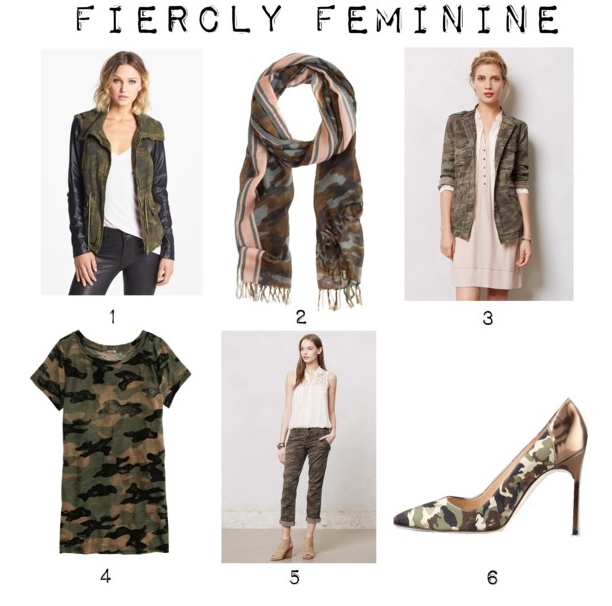Beyond the Point is a novel based on the true story of four women who went to West Point and their struggle to maintain their friendship across war, marriage and life after college. I tell people it's like 'Sisterhood of the Traveling Pants' meets 'Zero Dark Thirty'. Check out an excerpt here...
Read Morewomen
Courage to wear Camouflage
The book I'm currently writing is about the Army. It's also about my time at West Point—but it's not about my father. It's about three women I met while living there. So, when I flipped through a few catalogues lately, I was pleased to see page after page of old school, circa 2000, camouflage. Green, brown, and gray. Just like I remember smelling all those years ago.
I grew up around a lot of combat uniforms. Of course, this was back about ten years ago, when Army Battle Dress Uniforms (BDUs) were green, gray, and brown. These days, the Army Combat Uniform, or ACUs, for you non-military folks, aren't green. After all, our armed forces aren't fighting in the forest. The uniforms are tan, beige, and brown—fit for fighting in the desert.
BDUs smell like mud and Old Spice. I know, because I smelled it every night when my dad got home from work. At the time, I was unaware that the memory I made wasn't gripping his core, but smelling his uniform: shoe polish, sweat, and aftershave.
In the past, camouflage has been relegated to hunters and those with a commission—but if you look around, you'll see it's popping up all over the place in the mainstream.
Now I'll be the first to admit that it's a stretch—and wearing it might just feel a little strange. But the strength of camouflage paired with soft accents is surprisingly beautiful. It's where the fierce and the feminine meet. And in a way—it's exactly what my book is about.
Top photo via J. Crew
Neo-feminism, Steubenville and Jesus.
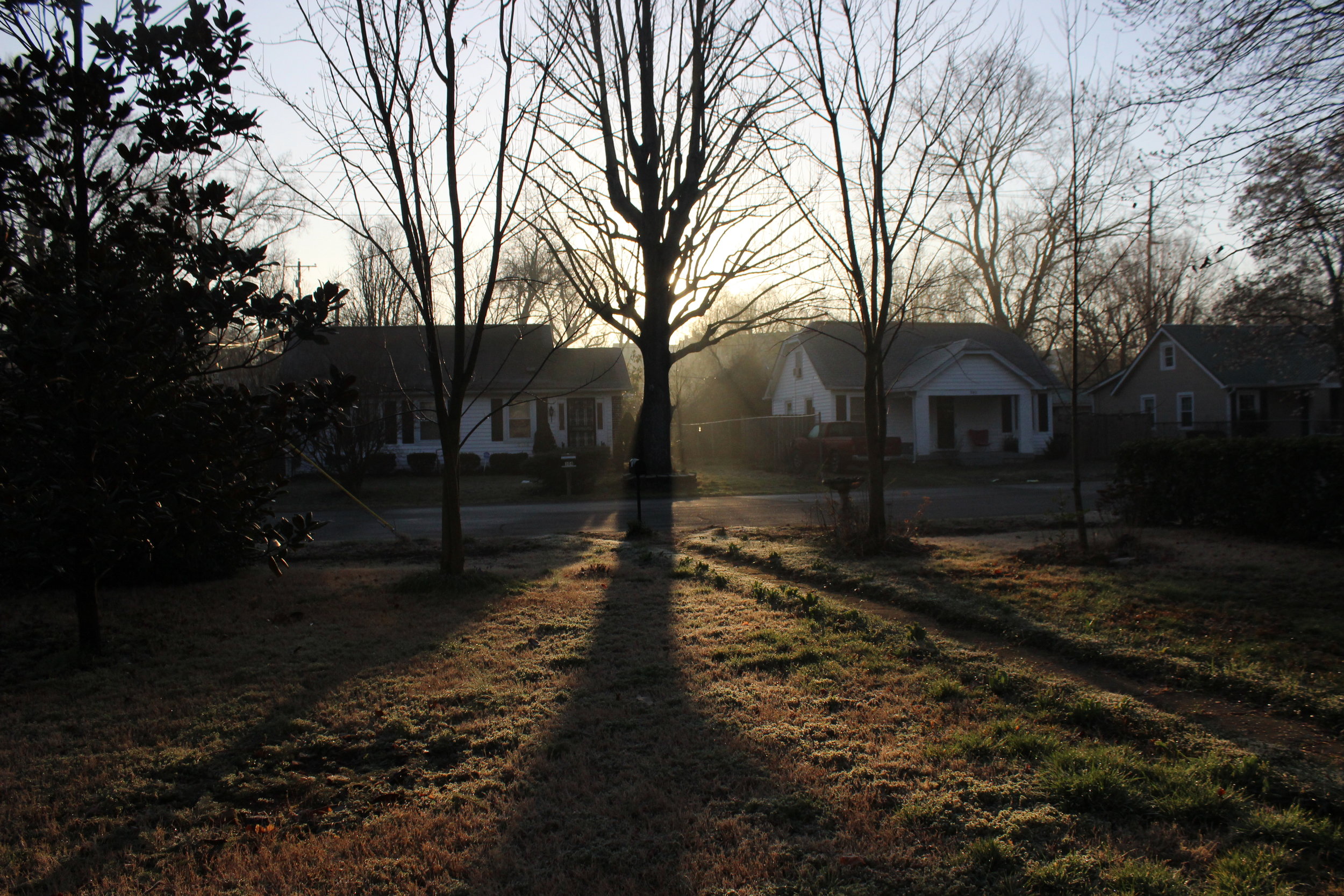 This week I read a well-written cover story in New York Magazine by Lisa Miller called "The Retro Wife." I also have read tons of news stories and blog posts and rants about the tragic Steubenville rape case. And I've come to realize that these two seemingly separate issues are inexorably linked.
It started with New York Magazine, and a deck that read: "The Retro Wife: Feminists who say they're having it all—by choosing to stay at home."
This week I read a well-written cover story in New York Magazine by Lisa Miller called "The Retro Wife." I also have read tons of news stories and blog posts and rants about the tragic Steubenville rape case. And I've come to realize that these two seemingly separate issues are inexorably linked.
It started with New York Magazine, and a deck that read: "The Retro Wife: Feminists who say they're having it all—by choosing to stay at home."
Four years ago, I was already that woman.
It went something like this.
I'm sitting in Dr. Benjamin's office, surrounded by a crowd of linen bound philosophers: Plato, Aristotle, Socrates, de Tocqueville, Machiavelli. Then there's me, a hopeful and anxious senior in college, ready and terrified of the stage that beckons me onward. It's calling my name, and so is he.
"So what comes next?" he asks dutifully, straightening a stack of papers and spinning in his swivel chair back toward a buzzing computer. He clicks away my transcript, and scrolls through his e-mail inbox. "Grad school?"
The suggestion is an old one. After all, the job market is hardly friendly, and I've already registered for the GRE, a command that came down from Colonel Carlton early on this year. But more school? Grad school?
"I don't know," I say slowly. "I don't want to apply just because there's nothing else to do. It seems like it could be a huge waste of money."
"Sure," Dr. Benjamin agrees. "It could be a huge waste of money if you're only going because there's nothing else to do."
"But," I continue, "if I don't go now, I'm not sure when I would. I hope to get married and have a family, some day too..."
Dr. Benjamin rotates back toward me, leaving his e-mail behind. "Would getting married and having a family keep you from going back to school?" he asks quizzically.
I freeze up for a moment, and wonder if I should say what I'm really thinking. I don't want Dr. Benjamin to believeI'm some bimbo who just came to college to find a husband, which clearly, from the light feeling on my left-handed ring finger, did not happen. I don't want him to lose respect for me. After all, I'm an intelligent student with a great GPA. I ought to have career ambitions. It's 2009. I ought to at least act like a feminist.
"No, no... you're right," I say. "If I figure out what I'd want to study, I'd definitely go back."
He looks a little relieved, and spins back toward his e-mail. But the words felt disingenuous coming out of my mouth. I know I probably won't go to graduate school. I know I probably won't want to. Because deep in my heart, I know what I really want. So I say it.
"I guess I always imagined myself staying home if I have kids," I say. His head juts backward and he raises his eyebrows in surprise, and immediately I regret what I've said. Great, now he thinks I'm an idiot. A disappointment to women who've worked to pave a way for me to do whatever I set my mind to. Surely now, he's looking at me and thinking I'm just a bimbo on the hunt for a man. But his words surprise me as much as mine surprised him.
"Good for you," he says sincerely. I'm shocked.
"Really?" I say, and laugh. "I've never said that to a professor, because I always feel like I ought to have these huge ambitions..."
"You know, I have to be careful when I talk to female students," he interjects. "I want to ask how they see family and relationships fitting into their plans, but I can't really go there unless you bring it up," he pauses. "I'm glad you did."
I sigh in relief. I just admitted the truth about the woman I want to be, and the man in front of me wasn't condescending. Now this is feminism.
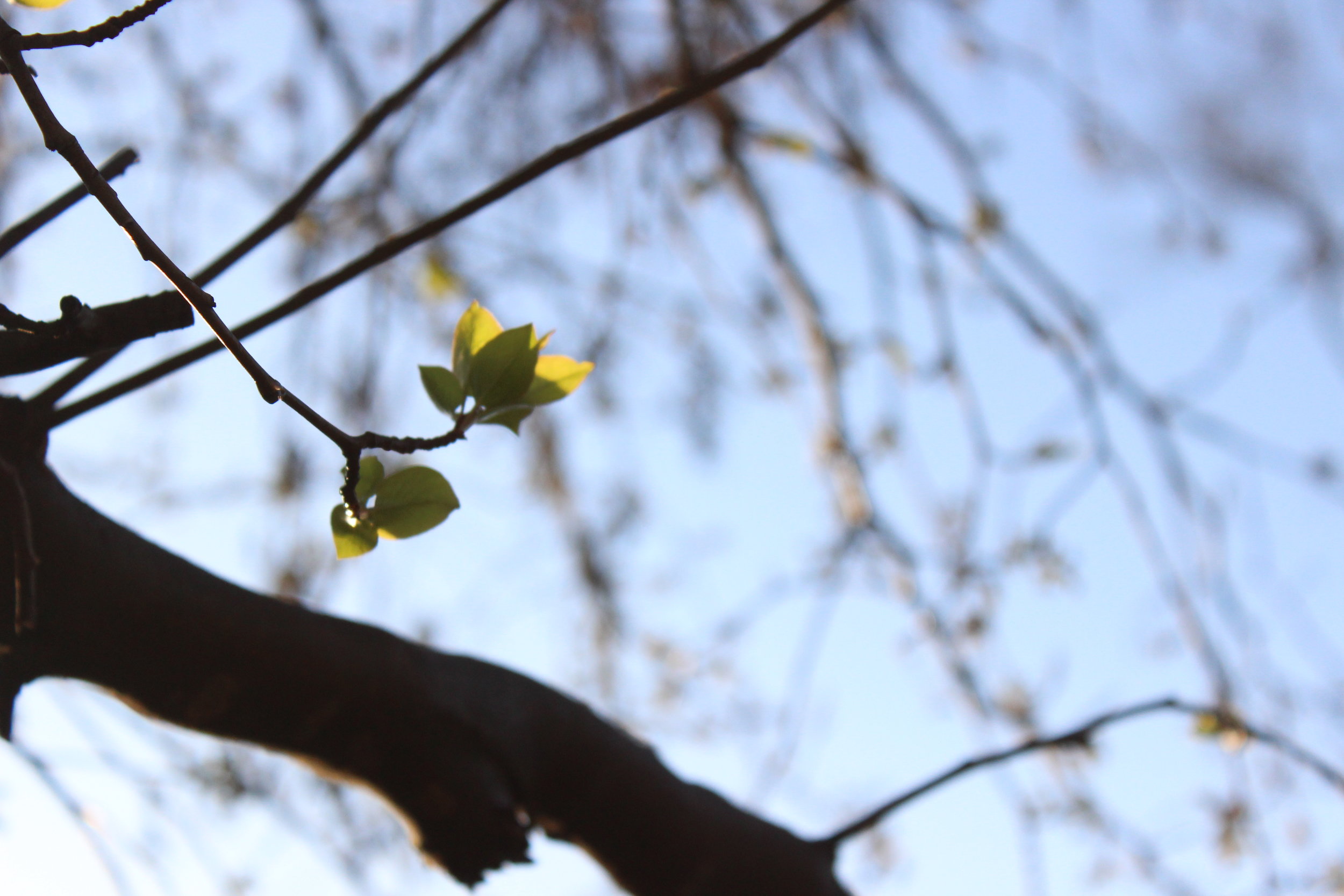 In the New York Magazine story, Lisa interviews a neo-traditionalist stay at home mom, Kelly Makino, and opens a new can of worms in the old world of feminism. The point? Maybe a woman can choose to stay at home with her children, care for her house and husband, and not be disregarded as a disappointing remnant of patriarchal oppression.
In the New York Magazine story, Lisa interviews a neo-traditionalist stay at home mom, Kelly Makino, and opens a new can of worms in the old world of feminism. The point? Maybe a woman can choose to stay at home with her children, care for her house and husband, and not be disregarded as a disappointing remnant of patriarchal oppression.
But the part that really sets Kelly Makino apart isn't that she's staying at home. It's that she's not a conservative, right-wing Christian—and she's staying at home. Lisa writes:
"Far from the Bible Belt's conservative territories, in blue-state cities and suburbs, young, educated, married mothers find themselves not uninterested in the metaconversation about "having it all" but untouched by it. They are too busy mining their grandmothers' old-fashioned lives for values they can appropriate like heirlooms, then wear proudly as their own."
As I read Miller's article, I remembered the conversation I had with my professor back at Furman, and in a way, I felt vindicated. I'm a young, educated, married woman (who hopes to be a mother), and New York Magazine finally confirmed that the fact that I want my family to be my top priority doesn't make me uneducated or "backwards." Even if I live in the Bible Belt. Even though I believe the Bible.
Thankfully, I didn't wait on New York Magazine's confirmation that I wasn't alone. I wasn't ashamed to say it four years ago, and now, there are other women who are are saying it too. Miller writes, "For some women, the solution to resolving the long-running tensions between work and life is not more parent-friendly offices or savvier career moves but the full embrace of domesticity."
But as I was reading, I realized that a woman can't just decide to stay at home without taking on some serious risk. There is a lot at stake when you choose to quit your job and chart a path that can eventually include raising children and caring for the domestic sphere. After all, when you leave the "working world," you become financially dependent—on someone else. On a man.
But dependence doesn't undo feminism. It simply requires integrity from men.
Neo-feminism requires integrity from men. It requires men to honor women. It requires a man to be faithful to his wife. It requires a man not to divorce his wife. It requires men that don't look at women as objects to be used, raped, and thrown away as objects of pleasure rather than creations of God's glory. It requires a culture of boys who don't treat girls like garbage.
It requires a new kind of man. A radical, counter-cultural man. It requires a man who is a feminist. It requires someone like Jesus.
In her response to Steubenville tragedy, Ann Voskamp wrote, "In a culture of boys will be boys, girls will be garbage." She pointed to Jesus as the Father of Feminism—the one who made women heroes in his stories, and came through the womb of a woman, and regarded women as treasures not trash.
Until we change the "boys will be boys" culture, girls will have to fend for themselves, fight to break the glass ceiling, and build their own wealth and empire so that if, no when, a man walks away to pursue some new conquest, we will survive, because we didn't depend on them in the first place.
It's this exact point that Lisa Miller makes to end her article and "press" Kelly Makino about her new way of life. She writes, in the last paragraph, "What if Alvin dies or leaves her? What if, as her children grow up, she finds herself resenting the fact that all the public accolades accrue to her husband?"
Neo-feminism requires more of women too.
It requires women who trust men. It requires women who respect men. It requires a woman to be faithful to her husband. It requires a woman not to divorce her husband.It requires a woman who believes that she is created by God, and valued beyond her resume.
It requires a new kind of woman. A radical, counter-cultural woman. It requires a woman who is a feminist and raises boys who are feminists.
It requires a woman like Jesus.
Spotlight On: Women
Today is International Women's Day, and all around the world, people are celebrating the achievements made for and by women over the years. I was so thankful to take part in today by sharing the story of Nashville's own Jordan Duncan, and her work with FashionABLE and African Leadership to make a difference in the lives of African women with the Tennessean. If you haven't seen the story, go check it out!
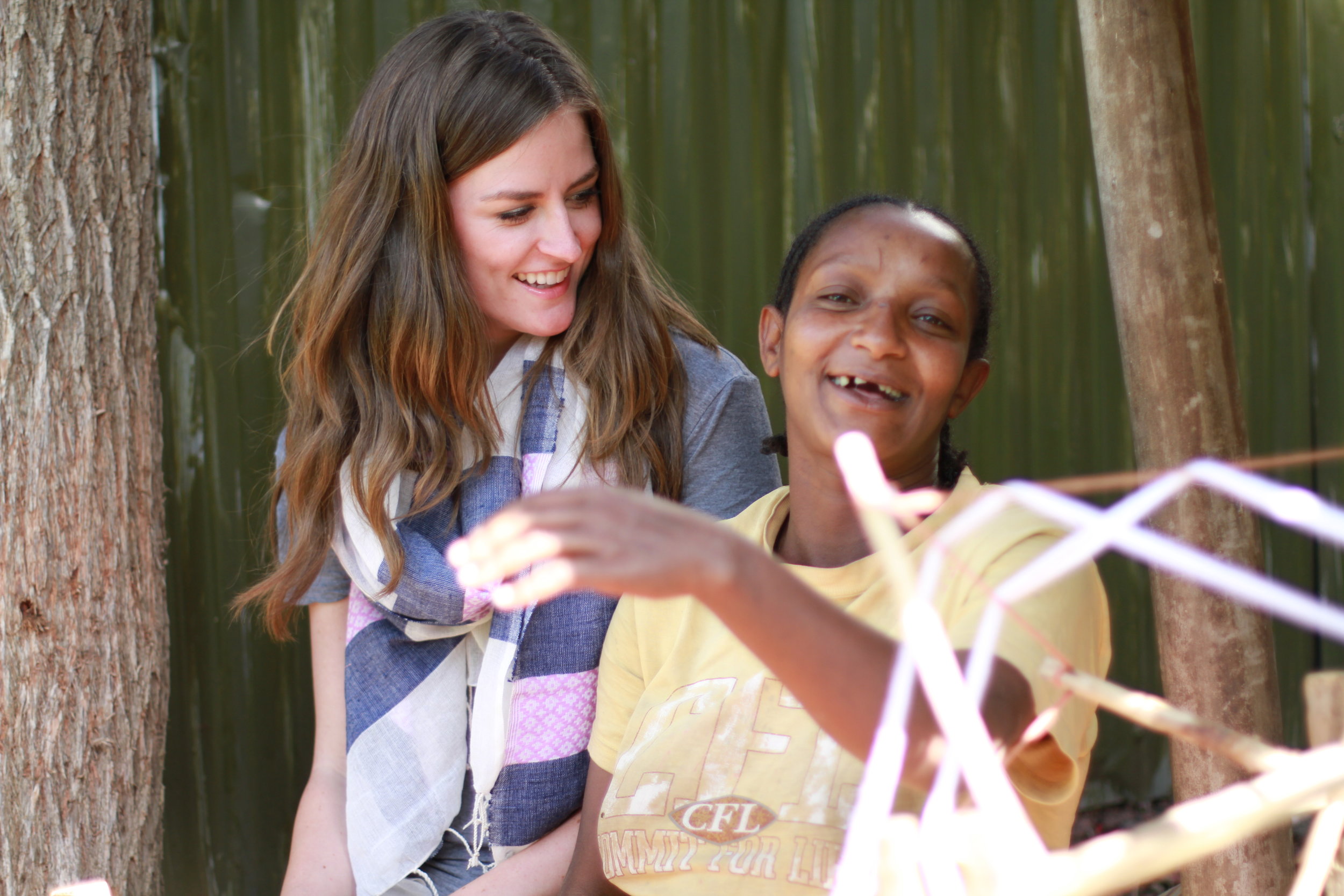
I want to celebrate the women in my life too.
I'm thankful for my mother, the woman who made me woman. The mother of my physical and spiritual self.
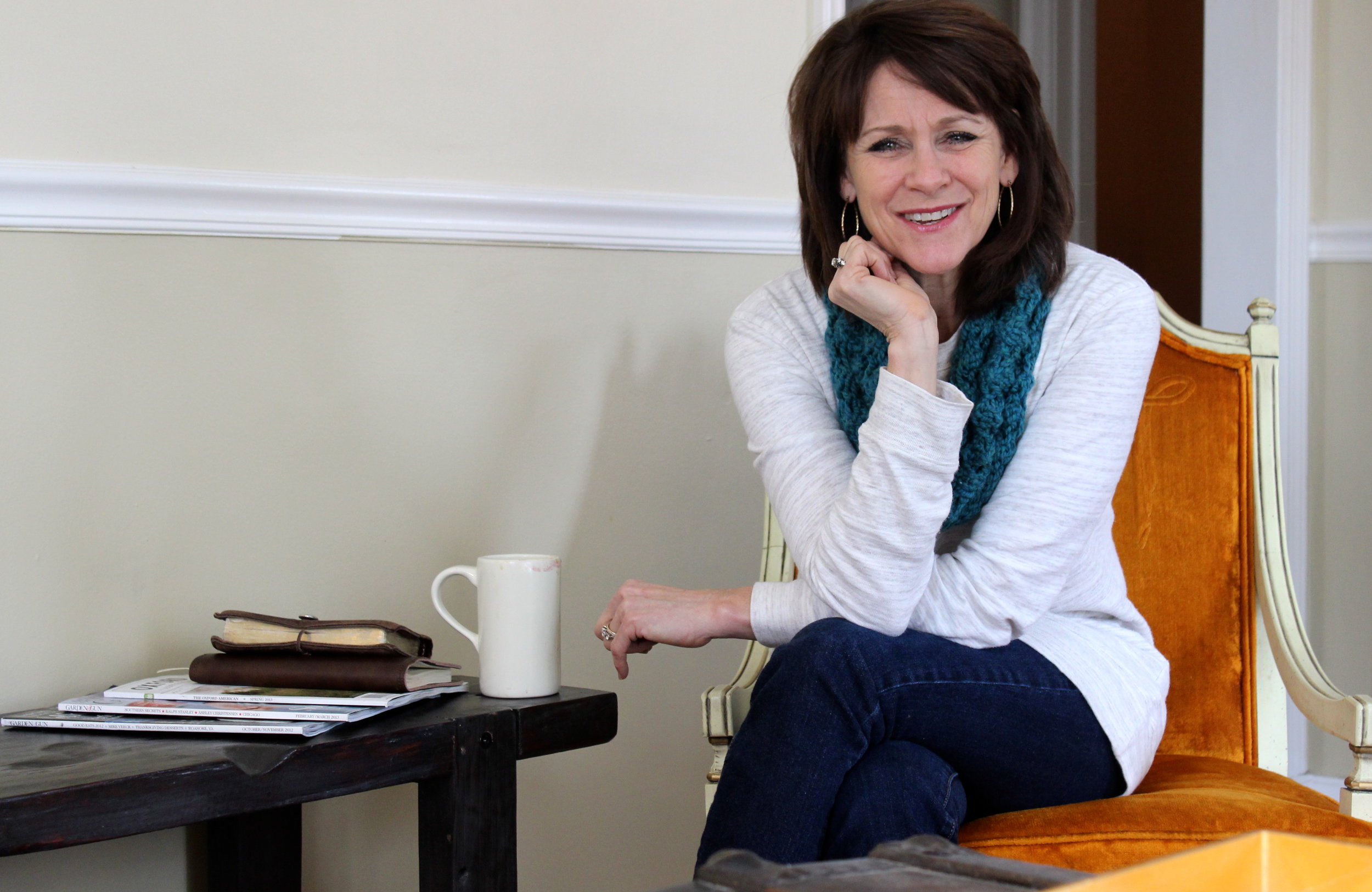
For my sisters, the women who yelled when I stole their make-up, but cried with me when I first had my heart broken—the women I call when I don't know what to do with this recipe, or that friend, or that piece of furniture. The women I called and said, "I've met the guy I'm going to marry." The women who are mothers, and make me want to mother, too.
I'm thankful for the woman whose daughter was my first friend. With small hands and lives ahead, we clasped together, walked the yellow brick road, always knowing we both could be Dorothy and make it to Emerald City. But the journey is harrowing, full of song and laughter and tears and evil and good. We are friends, and we were friends, and we will be friends forever.
And for the women who were my teachers - the ones who challenged me, and taught me to read and write and push through things I didn't understand. The ones who let me cry in their classrooms because I felt alone, or homesick for a home I'd left behind.
And for the other girls who walked through some of the darkest valleys, and pimpliest days, and most confusion together while at West Point. The ones who walked up the up stairs, and down the down stairs, and wore pajamas on the last day of school. To the girls who wrote me notes, and read mine, too. To the girls who wrapped a locker, and told a secret. To the ones who practiced testifying against a man who nearly wrecked our lives. To the ones who helped me seek God. The women, who then longed desperately for love from each other, from our parents, from those boys down the street in Lee Area.

For the women I met in China. For the way they showed me love, though our lives are separated by waters and continents and time zones and an entire hemisphere. For the quiet presence of a mango on my desk during my loneliest days, far from home—and the sweet, soft hand of the Chinese roommate who placed it there. For the conversations in moonlight about Jesus. For the taste of sour chicken on my tongue, and the warmth of steaming soup rising to my face. For the sound of dumplings sizzling on a dorm room pot.

I consider the women who counseled me through heartbreak and four years of confusion and self-reflection while in Greenville. The women who rode buses with me across states to the base of the Rocky Mountains. The women who baked cookies and watched trashy TV, and cried when he told me he didn't love me. The women who told me truth and shared deep fears, and walked through exams and fountains, and miles and aisles with me. The ones who stood by my side in blue, while I wore white.
For the mother-in-law who accepted me, open arms into her family. Who treats me like a friend, not like an intruder.

For the woman who taught me to write, and told me not to be afraid of it. And who fills me with wine and fun on nights when things aren't perfect (which is most nights).
I have been served and cared for and prayed for by the women in Nashville. By women who walk with integrity, and do work they are passionate about, and set an example of loving husbands with intentional fervor. For teaching me about sex on a canvas, and gratitude, and purpose.
For these women.
And for the ones to come.


